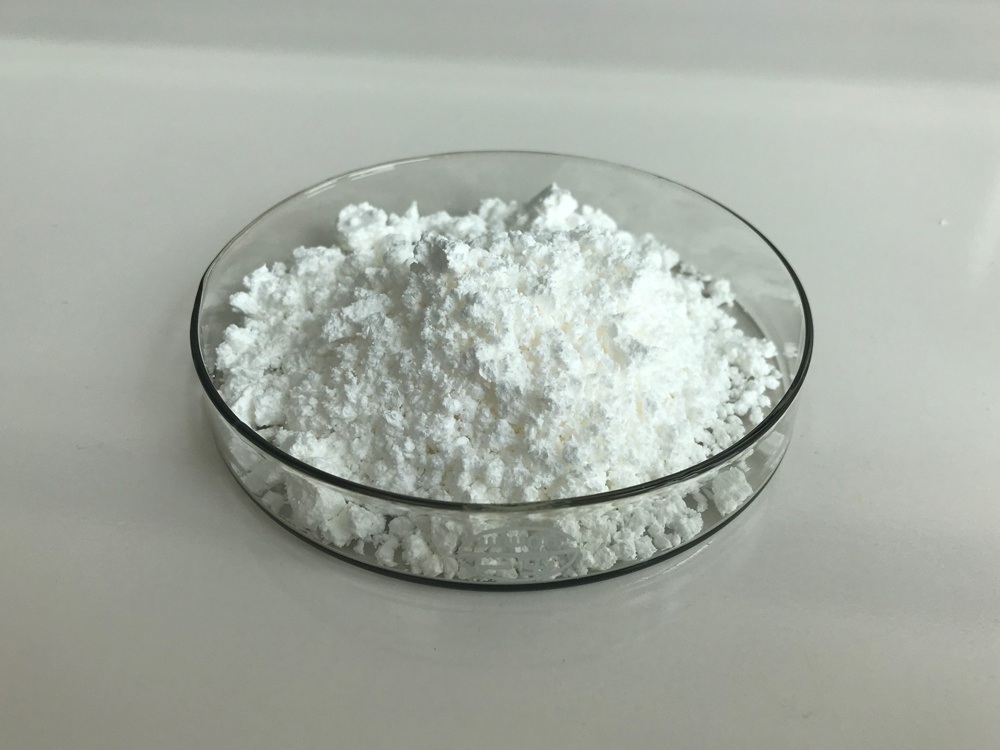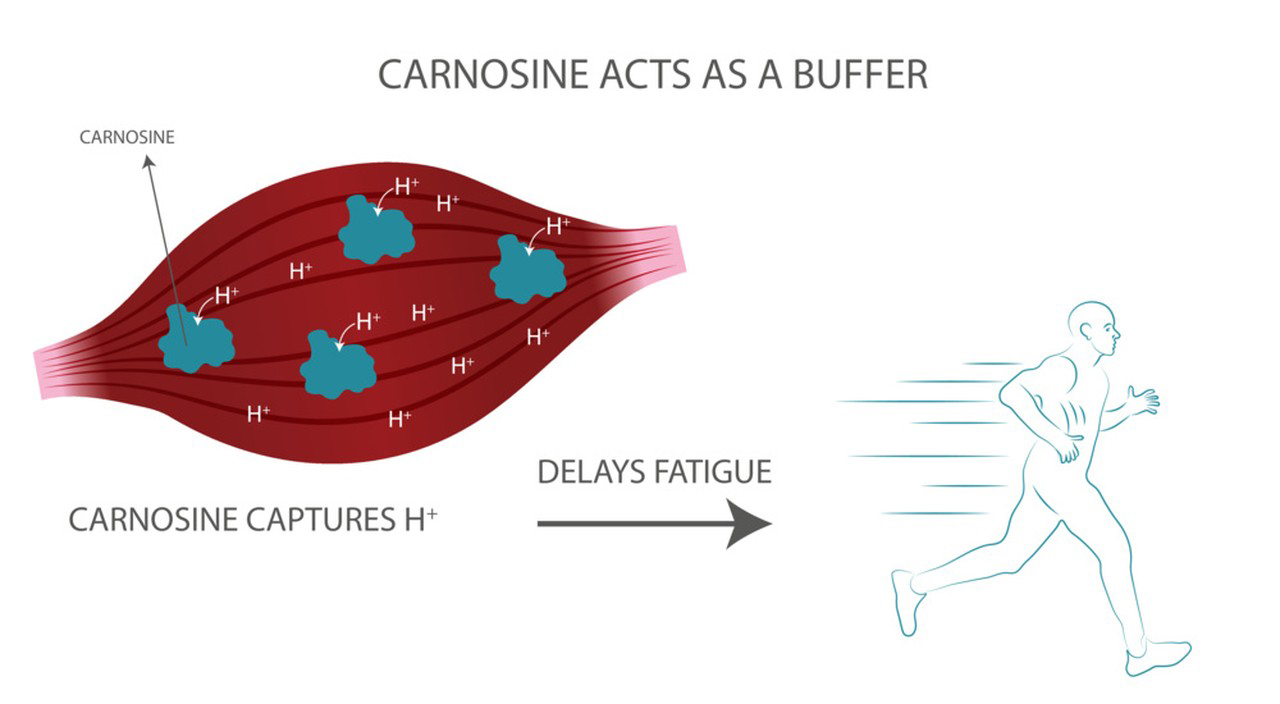L-Carnosine, also known as beta-alanyl-L-histidine, is a dipeptide composed of the amino acids beta-alanine and histidine. It is found in high concentrations in skeletal muscles, the heart, and the brain. While research on L-carnosine is ongoing, here is a summary of its potential benefits and uses based on existing scientific literature up to my last knowledge update in January 2022:
1.Antioxidant Properties:
L-Carnosine has been studied for its antioxidant properties, which may help protect cells from oxidative stress. It scavenges free radicals and may have anti-aging effects.
2.Anti-Glycation Effects:
L-Carnosine has been investigated for its ability to inhibit glycation, a process where sugars react with proteins, leading to the formation of advanced glycation end-products (AGEs). The accumulation of AGEs is associated with aging and various chronic diseases.

3.Neuroprotective Effects:
Some studies suggest that L-Carnosine may have neuroprotective effects, potentially helping to protect against neurodegenerative diseases such as Alzheimer’s and Parkinson’s.
4.Anti-Inflammatory Properties:
L-Carnosine may exhibit anti-inflammatory effects, which could be beneficial in conditions involving inflammation.
5.Wound Healing:
There is some research indicating that L-Carnosine may play a role in promoting wound healing, possibly due to its antioxidant and anti-inflammatory properties.
6.Muscle Function and Performance:
L-Carnosine is found in high concentrations in muscles, and it has been studied for its potential role in buffering acid build-up in muscles during exercise. Some research suggests that supplementation with beta-alanine, a precursor to L-Carnosine, may enhance exercise performance.
7.Cardiovascular Health:
L-Carnosine may have cardiovascular benefits, including potential effects on blood vessel function and lipid metabolism.
8.Eye Health:
Some studies have explored the role of L-Carnosine in eye health, particularly in relation to conditions like cataracts.

9.Diabetes Management:
There is research suggesting that L-Carnosine may have a role in managing diabetes by influencing factors such as blood glucose levels and insulin sensitivity.
10.Potential Cancer Therapies:
Some studies have investigated the potential of L-Carnosine in cancer therapy due to its effects on cell proliferation and apoptosis. However, more research is needed in this area.
It’s important to note that while there is promising research on L-Carnosine, not all findings are consistent, and more research is needed to fully understand its mechanisms and therapeutic potential. As with any supplement, it’s advisable to consult with a healthcare professional before considering L-Carnosine supplementation, especially if you have pre-existing health conditions or are taking medications. Additionally, the effectiveness of L-Carnosine may vary based on individual factors.
